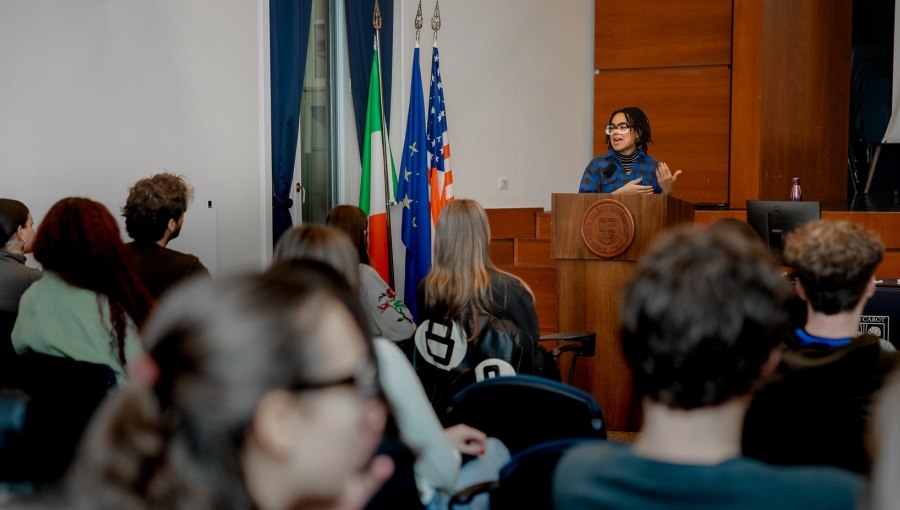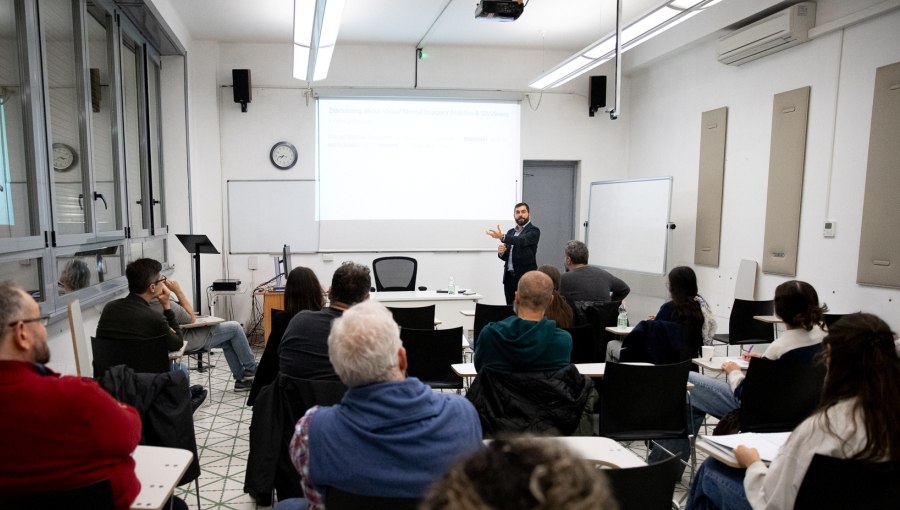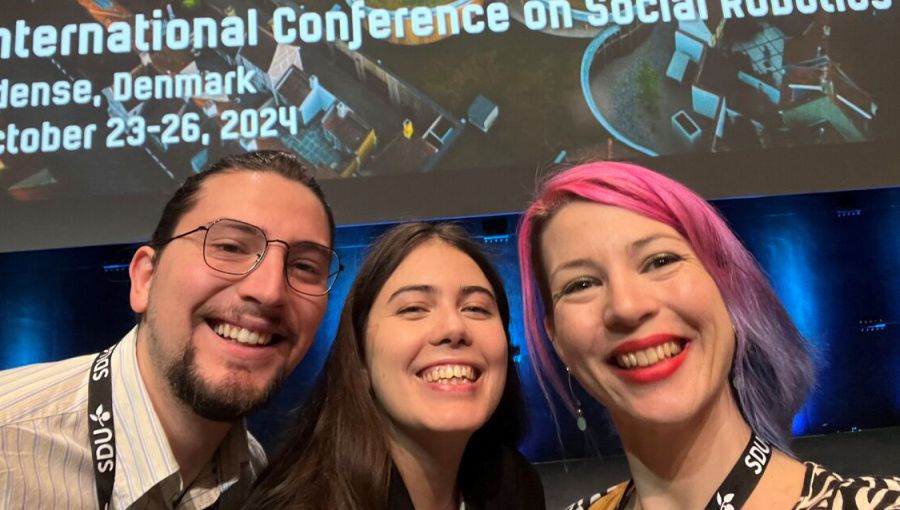Europe’s Long Century: 1900 to present. Society, Politics, and Culture
On June 3rd, 2013, the Guarini Institute for Public Affairs, in cooperation with Biblioteca di Storia Moderna e Contemporanea, had the honor of presenting Spencer Di Scala’s book Europe’s Long Century: 1900 to present: Society, Politics, and Culture. A moderated discussion brought together a panel of distinct speakers that voiced their opinions on Spencer Di Scala’s work, proclaiming it an admirable academic achievement.
The discussion was opened by Federigo Argentieri, director of the Guarini Institute and professor of political science and contemporary history at John Cabot University. According to Professor Argentieri, Europe’s Long Century has earned its place in today’s competitive learning environment due not only to its academic fluency but also to its clear and dynamic language that “makes history come alive”. The title of Di Scala’s book, which sparks a historical debate with Eric Hobsbawm’s description of the 20th century as being “the short century”, called on Professor Argentieri to discuss the separation of historical thought between a dogmatic and factual approach to the discussion of history. Di Scala’s preference for a factual representation of the extended 20th century, was praised for being effective. All in all, Professor Argentieri proclaimed that the ambitious work of Di Scala has certainly reached academic heights.
Second to take the floor was Emilio Gentile, a professor of contemporary history at La Sapienza University, and a valued guest speaker at several previous Guarini Insititute events. “The century is like the meter”, he opened his speech, “what we are looking at is an epoch”. Agreeing that the 20th century was indeed a historically saturated period, Professor Gentile pointed out that Di Scala’s book successfully explores different aspects of the era to paint its complete picture. According to Professor Gentile, “the presence of the human being” throughout the text and in the biographical notes is what sets this book apart from the bulk of academic work on the subject. “A book filled with the spirit of Europe” is how Professor Gentile defined Europe’s Long Century.
Afterwards the floor was taken by Professor Renato Moro of Roma Tre University, who proclaimed Europe’s Long Century a model work. He pointed out the place of Italy in the study of 20th century history offered by Di Scala, expressing his satisfaction with the straight forward yet not stereotypical representation of Italy’s place in contemporary historiography.
The panel discussion was concluded by the author of the book Spencer Di Scala, who used the opportunity to elaborate on his choice of defining the 20th century as starting on December 14th, 1900 – the date that marks the birth of the quantum mechanics. Having given this scientific frame of his book, Di Scala proceeded to explain the three principles that he has based his work on. Firstly, he accepted science as a major factor in Europe’s historical development over the hundred years; moreover, he viewed the Cold War as a transitional rather than defining period in the 20th century. Lastly, he focused on the role minor states played in the scientific and cultural development of Europe.
The presentation of Spencer Di Scala’s Europe’s Long Century ended by giving the audience the possibility to address the speakers in a Q&A session.





